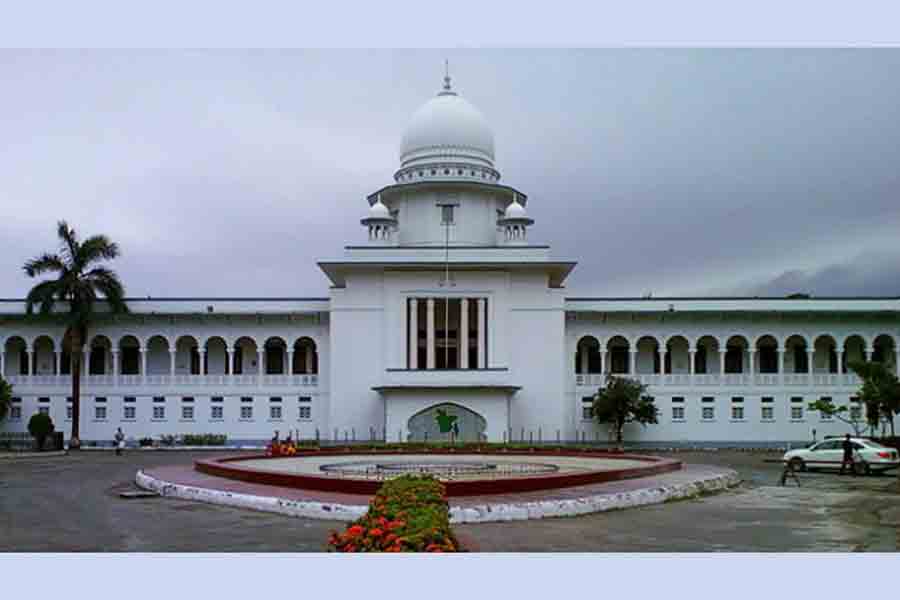
Published :
Updated :

As part of a major judiciary reform, the High Court has restored the Article 116 of the 1972 Constitution of the country. Clearly, this was long overdue because the amendments brought to the Article concerned was done primarily with an ulterior motive to exercise political influence on courts by bestowing the authority of controlling subordinate courts on the country's President. The neutrality of the President too was compromised in the process because of the pressure from the ruling party which elected a party man to the titulary post. In fact, the prime minister acted as the main architect, who had the opportunity of becoming all-powerful undermining the presidential prerogatives. If the restoration of the Article takes effect, the intervening nasty practices resorted to by the immediate past ruling party can be done away with forever. Quite rightly, the court has declared the Bangladesh Judicial Service (Disciplinary) Rules 2017 unconstitutional and directed the government to establish a judicial secretariat within three months.
Hopefully, this positive legislative development will not be challenged in the Supreme court and take effect without any opposition from any quarter. With the restoration of the original legal provision of the 1972 Constitution, not only will the judiciary enjoy enough independence but at the same time have to be responsible for the trials they carry out in their respective courts and accountable to the litigants---in fact, the people looking for justice. The supervisory role played by the highest court will definitely prompt them to have a better grasp of the legal provisions. But above everything else, what needs to be done is to dismantle the evil nexus that has emerged to corrupt the judicial ambience of the lower courts. In this context, the role of the police who file cases often casually or with lacunae for lawyers of the defendant to place irrefutable arguments is highly crucial. This aspect must be taken care of immediately.
In his book, Turning Points, A.P.J. Abdul Kalam, 11th President of India, brought about phenomenal changes in the judiciary even though he too had to work beyond his presidential titulary role. How? The aerospace scientist did it out of his compassion for his countrymen. He was in constant touch with common people to know all kinds of their misery including those involving protracted litigations. Dr. Kalam was the man behind introducing e-judiciary in India. Introduction of internet courts and a legal consultation service was useful in speedy redressal of cases and avoidance of fraudulent litigation. Computerisation of active cases and classification and grouping of cases referred to competent benches also helped reduce adjournments and settlement time to the minimum. Bangladesh can also follow suit by appointing knowledgeable judges in specialised branches in order to effectively address the backlog of cases.
The need for bringing about transparency and accountability in the judiciary is a prerequisite but a recent appointment of a judge to the HC division has given rise to a lot of controversy. The higher courts can maintain communication with the subordinate courts if e-judiciary is introduced and information and communication technology (ICT) integrally connect them together. This will ensure transparency and avoid malpractices in case filing. At the same time, videoconferencing could be introduced extensively in order to cut expenditure and avoid unnecessary movement of the police accompanying those under trial. The judiciary can flourish to full potential if it is manned by competent persons with integrity.


 For all latest news, follow The Financial Express Google News channel.
For all latest news, follow The Financial Express Google News channel.